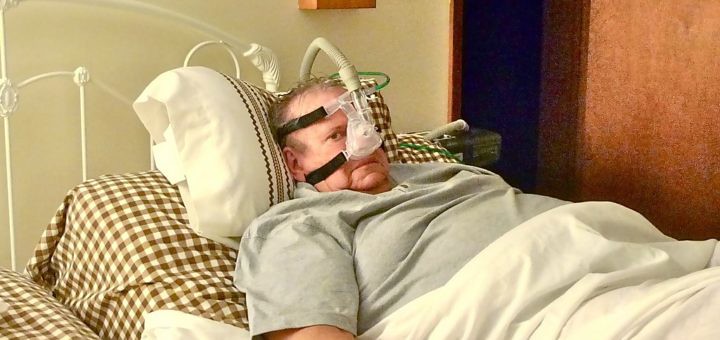Sleep quality affects daily function, memory, and mood. For individuals with obstructive sleep apnea (OSA), restful sleep is interrupted by pauses in breathing that occur throughout the night. These interruptions reduce oxygen levels, causing fragmented sleep. Over time, untreated sleep apnea may contribute to cardiovascular issues, fatigue, or cognitive concerns. A CPAP clinic provides evaluation and support for individuals experiencing symptoms of sleep apnea. Through consultation and proper device fitting, these clinics offer practical solutions to restore consistent breathing and improve sleep patterns.
Identifying the Signs of Sleep Apnea
Obstructive sleep apnea is often marked by loud snoring, choking during sleep, morning headaches, or excessive daytime tiredness. Some individuals also report difficulty concentrating or mood changes. In many cases, a bed partner notices irregular breathing before the individual becomes aware of the problem. Symptoms may develop gradually. People sometimes attribute daytime fatigue to stress or poor habits rather than an underlying condition. A sleep study confirms the diagnosis by measuring breathing patterns, oxygen levels, and arousals during the night.
Understanding the Role of a CPAP Clinic
Once a diagnosis is confirmed, a CPAP clinic helps guide the next steps. CPAP stands for continuous positive airway pressure. This treatment uses a small machine that delivers steady air through a mask to keep the airway open during sleep. The clinic helps with proper mask fitting, explains device settings, and supports long-term use.
Clinics also help address early discomfort with the equipment and offer alternatives when adjustments are needed. Ongoing care includes periodic reviews, equipment checks, and symptom tracking. A personalized approach makes long-term use more manageable. Each individual may need different air pressure levels or mask styles to support consistent therapy.
Knowing the Benefits of CPAP Use for Nighttime Breathing
CPAP therapy improves airflow, preventing the repeated collapses of the airway seen in sleep apnea. With the airway kept open, breathing stabilizes, oxygen levels stay within a normal range, and the brain experiences fewer sleep disruptions. Many users report improvements in morning alertness, mood regulation, and overall energy.
Better sleep also supports blood pressure control and reduces the strain placed on the cardiovascular system during apneic events. Consistent use of the device matters. Even skipping a few nights can reverse the benefits and return symptoms. A CPAP clinic helps individuals build consistent routines and respond to any new concerns that arise.
Addressing Common Barriers to Effective Use
Initial discomfort or uncertainty may prevent some people from using the device regularly. A CPAP clinic provides guidance to reduce pressure points, adjust humidity settings, or change the style of mask. Small changes often resolve early resistance and encourage daily use. Noise, airflow, or mask fit may all affect comfort. Clinics have access to several machine types and accessories that can improve the experience. In cases where CPAP remains difficult to tolerate, alternative devices may be considered through a formal care plan. Regular visits help identify whether the therapy remains effective and if any changes to equipment are needed.
Untreated sleep apnea has broad effects on heart health, memory, focus, and emotional well-being. Timely evaluation through a sleep specialist and support from a CPAP clinic can prevent long-term complications. Addressing the problem early improves quality of life and supports full daily engagement. The positive effects of therapy often begin within the first week of use. For individuals with significant fatigue, even small improvements in sleep quality can make daily tasks more manageable.
Restore Rest Through Proper Treatment and Follow-Up
If you experience frequent snoring, daytime sleepiness, or irregular breathing during sleep, a CPAP clinic may help restore quality rest. With proper evaluation and personalized device support, therapy can lead to significant improvements in energy, health, and sleep consistency. Begin with a full assessment to determine if this approach is right for your needs.
- Choosing the Right Plastic Surgeon for Your Cosmetic Procedure
- Understanding Different Types of Laser Treatments for Skin Rejuvenation
- Why a Family Dentist is Key for Maintaining Oral Health
- The Benefits of Regular Visits to a Wellness Spa
- Exploring the Emotional and Psychological Triggers of Eating Disorders


Leave a Reply